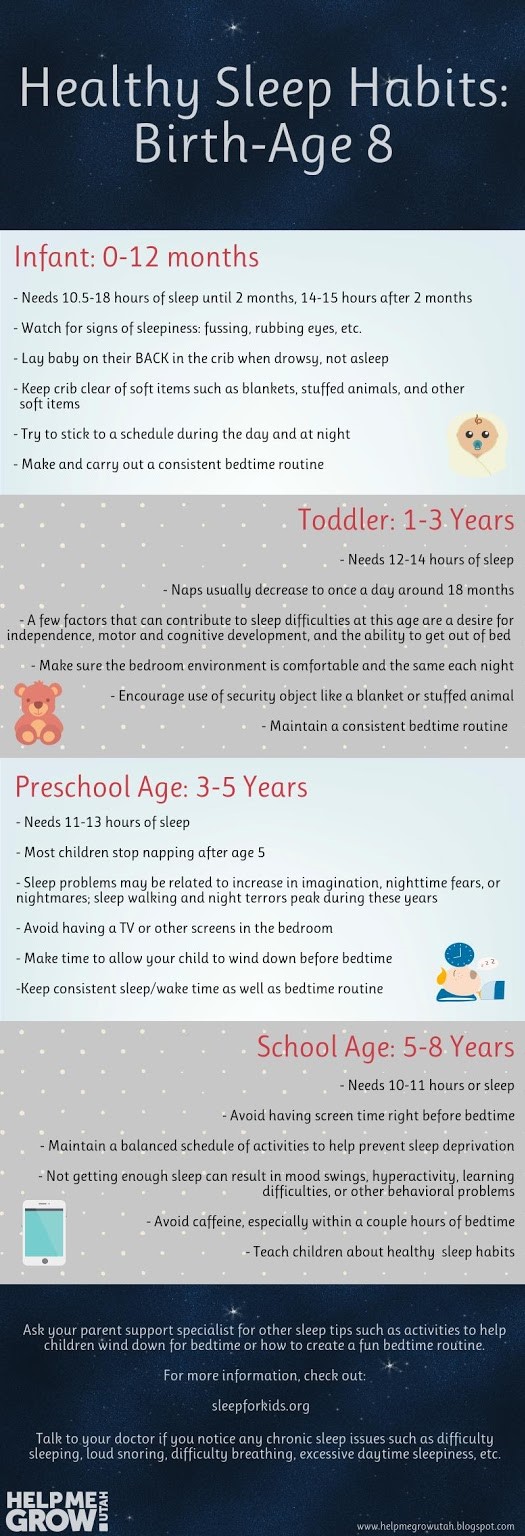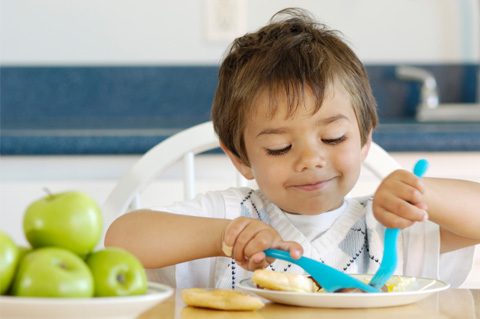School
is starting soon…like in a month! Summer is going by fast and this is the time
of year where most families start to get really busy…and start to spend less
time together. Everyone is getting ready for school and all the extra stuff
like…Extracurricular activities, Homework, Arranging car schedules, Parties, Sports,
Projects, Volunteering and PTA meetings, etc.
When
schools begins, it’s usually family time that gets thrown out the window first.
However, family time is where the whole family can get together without
distractions and spend quality time together. Growing up my family was always
super busy because we have 5 kids, but we still (even now) try to spend quality
time together. I believe that making that a priority has helped me be a better
friend to my siblings and my parents, not just a sister or a daughter. And
staying close has kept us out of trouble….for the most part.
Now
I know what you’re thinking….there is no time for family time!!! Well here are
a few tips to help you squeeze it in to your busy life.
HOW TO MAKE FAMILY TIME POSSIBLE:
(Click here to get full list and follow a great blog!)
Turn off TV and Technology during the week,
or for a specific amount of time during the day. This is getting rid of
distractions and allowing family relationships to grow.
Limit your child’s extracurricular
activities. Yes they are great, but your child can’t be involved in everything.
They and you will get burnt out fast. Limit them to having one or two
after-school activities.
Limit your own activities. As parents we
tend to think that we are superheroes (which is true) with amazing time powers
(which is sometimes true), but our families need us. Parents should go out one
night a week to get alone time and a break, but more than that usually can
cause stress in the home.
Eat dinner together! Make it a safe place
where members feel loved. Don’t allow phones or any other type of distraction. If
Dinner doesn’t work with schedules do breakfast!
Sleep!!! Set bed times for you and your kids.
You might think that you get more done when your kids are asleep, but you need rest
to handle everything you deal with during the day. Sleep will help everyone be
more calm, patient, and understanding with each other.
Plan fun activities to do as a family during
the week. We have chores, and homework, and violin lessons, and soccer, but we
also need fun activities for family time. (examples: going to get ice cream,
watching a movie, having a water fight in the backyard, making a meal together,
going for walks, reading together, playing a card game)
So
remember…family time matters and there is time for it.
 As I child I remember
being afraid of monsters under my bed. I was afraid that if even my toe leaned
out over the bed, a monster would snatch it! I never mentioned my fears to my
family and I did eventually get over them. On the bright side I think this
taught me to be a very still sleeper, but I wonder if it would have made a
difference if I had talked about it with my parents.
As I child I remember
being afraid of monsters under my bed. I was afraid that if even my toe leaned
out over the bed, a monster would snatch it! I never mentioned my fears to my
family and I did eventually get over them. On the bright side I think this
taught me to be a very still sleeper, but I wonder if it would have made a
difference if I had talked about it with my parents.























